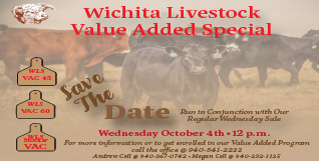Equine
Immunization with Dr. Bellefeuille
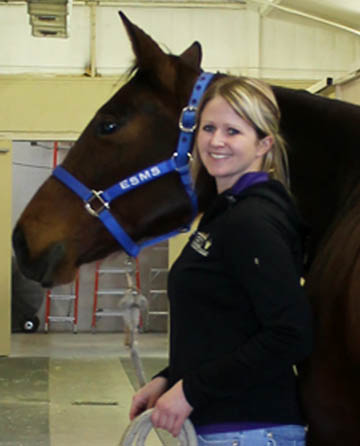
By contributing writer Dr. Molly Bellefeuille
I hope everyone has lots of horse shows and horse events planned for the summer. With our horses out and about it is important to make sure they are properly vaccinated. Vaccinations serve to minimize the risk of infection and aid in the prevention of disease but do not prevent disease in all circumstances. Vaccinations act as a protective barrier between your horse and the disease. Some of the most common diseases vaccinated against include Tetanus, West Nile Virus, Rhinopneumonitis, Strangles, Encephalomyelitis, Influenza, Rabies, Potomac horse fever. To read more pick up the June issue of North Texas Farm & Ranch.
Equine
The Cowboy Culture
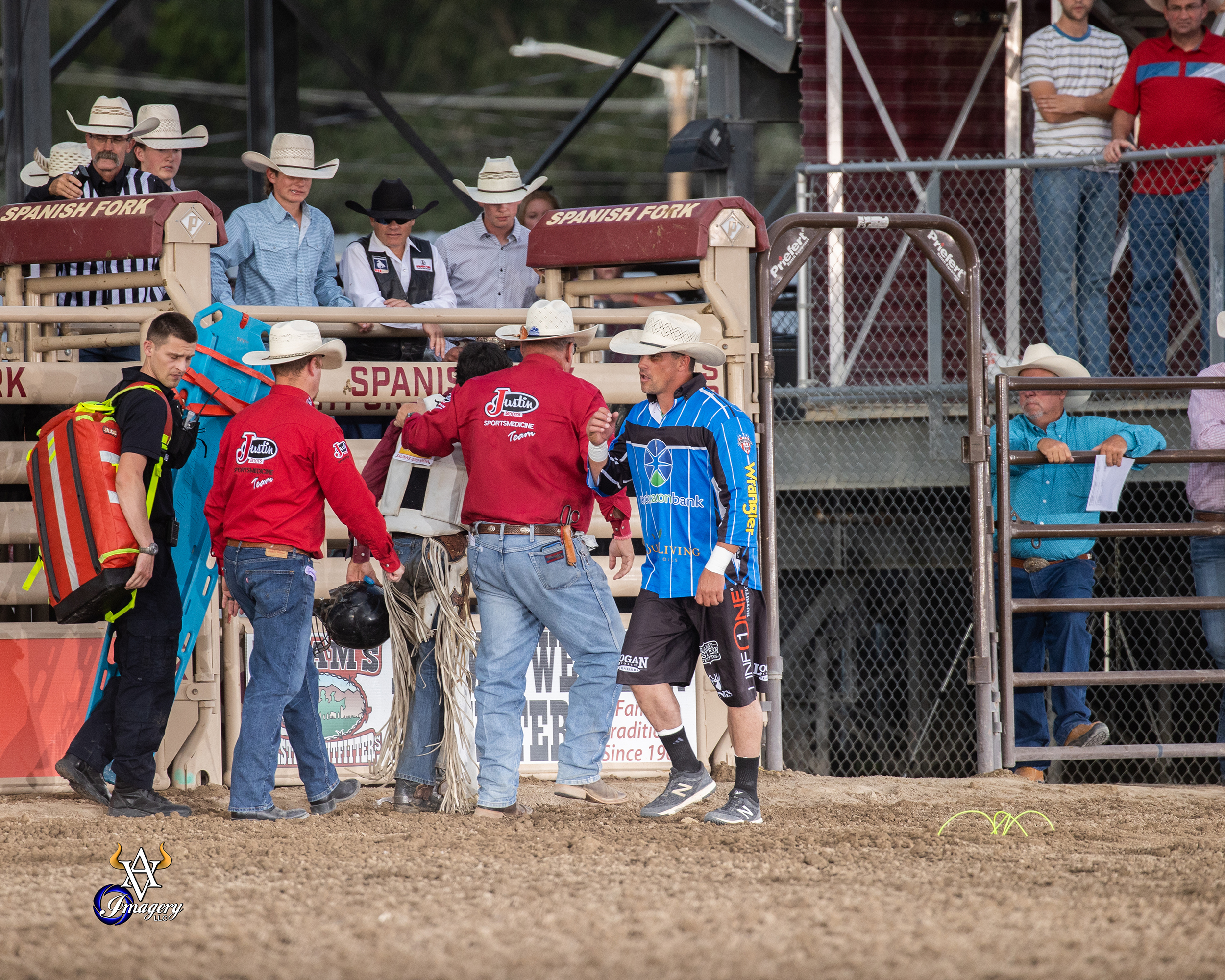
By Phillip Kitts
The mystique and imagined glory of the rodeo road call many young people’s names. As they grow up, they watch the greats of the sport run from rodeo to rodeo and occasionally land on the television giving the perception of the rockstar lifestyle.
No, the glory of the rodeo road is not as grand as, say, the National Football League or the National Basketball Association, but being an athlete competing in front of the yellow chutes of Vegas is just as big a deal, and in every way, can be compared to competing in a Super Bowl.
However, things sure are different in the rodeo world. Let us take a minute and talk about what seem to be simple things in life that impact rodeo and rodeo athletes that in no way would make a difference to the big-money sports.
To read more, pick up a copy of the April issue of NTFR magazine. To subscribe by mail, call 940-872-5922.
Equine
The Danger of Lower Limb Wounds of Horses
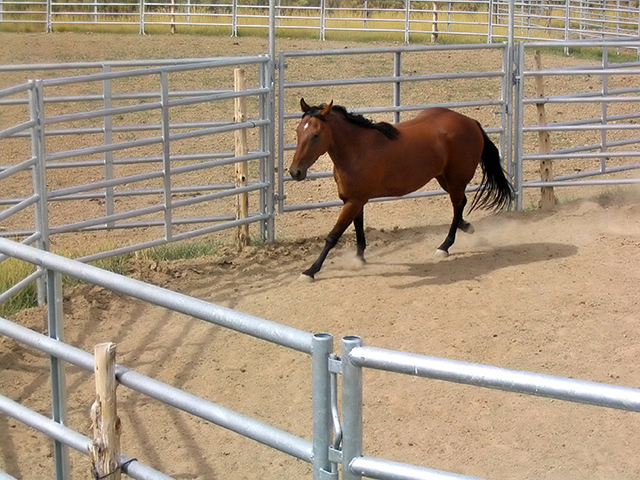
By Garrett Metcalf, DVM
It is common for horse owners to have a horse with a wound or laceration at some point in their life. Sometimes small lacerations can be perceived as benign, inconsequential problems that do not need immediate veterinary attention and are managed by the owners or trainers initially. Unfortunately, these simple-looking wounds can involve very important anatomical structures that can lead to serious infections that can be life-threatening or, at best career-limiting, for the horse.
Large wounds tend to get all the attention from owners or trainers because when they occur they are so obvious and visually appalling that medical attention is sought almost immediately. Those types of large wounds can be devastating, but they often involve the upper body regions of the horse, which heal better and often don’t involve structures such as joints or tendons.
To read more, pick up a copy of the March issue of NTFR magazine. To subscribe by mail, call 940-872-5922.
Equine
A Rodeo Photographer’s Journey
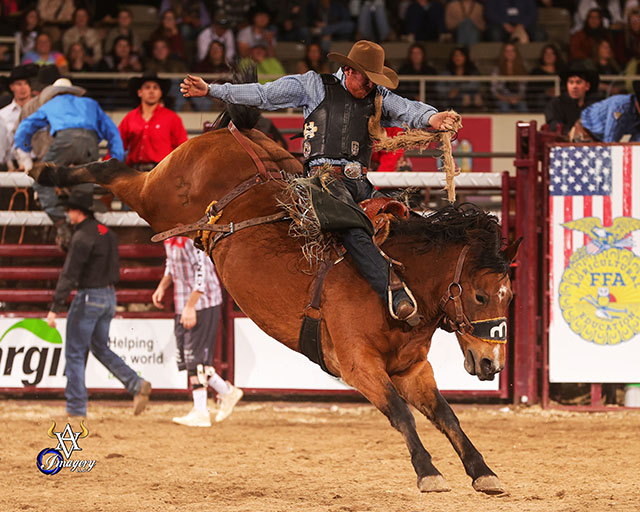
By Phillip Kitts
Have you ever wondered what the rodeo looks like for contract personnel in the winter?
This month we will look at what the winter months look like from the rodeo photographer’s perspective.
To understand the time and demands that go into a career as a rodeo photographer, let’s start at when the season gets busy. Not all rodeo photographers work the same. There are many varieties in their career field. They can vary from the few weekends here and there to the full-timer who travels more than 30 weekends a year.
The full-timer that spends most of their year working usually hits the road in late winter. Yes, the winter months are slower but the photographer who has cemented themselves into the field usually books a few during late winter.
Rolling into the spring it begins to get busy. Depending on the photographer, spring can start with an every other weekend type schedule all the way to every weekend through the summer. In 2023 there were photographers that had 20-plus weeks straight going from rodeo to rodeo.
When late fall rolls in things begin to slow down, even for the go-getter who books everything they can.
To read more, pick up a copy of the March issue of NTFR magazine. To subscribe by mail, call 940-872-5922.
-

 Country Lifestyles1 year ago
Country Lifestyles1 year agoScott & Stacey Schumacher: A Growth Mindset
-

 Equine7 months ago
Equine7 months agoThe Will to Win
-

 Country Lifestyles7 years ago
Country Lifestyles7 years agoStyle Your Profile – What your style cowboy hat says about you and new trends in 2017
-

 Country Lifestyles4 years ago
Country Lifestyles4 years agoAmber Crawford, Breakaway Roper
-

 HOME7 years ago
HOME7 years agoGrazing North Texas – Wilman Lovegrass
-

 Country Lifestyles7 years ago
Country Lifestyles7 years agoDecember 2016 Profile, Rusty Riddle – The Riddle Way
-

 Country Lifestyles8 years ago
Country Lifestyles8 years agoJune 2016 Profile – The man behind the mic: Bob Tallman
-
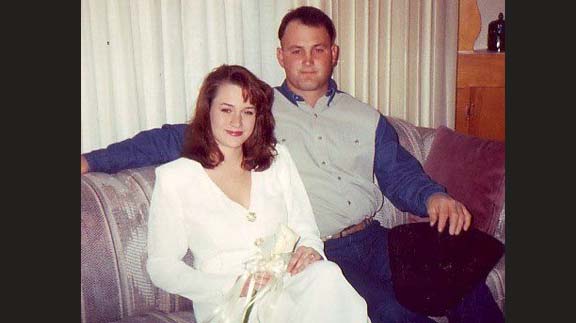
 Country Lifestyles8 years ago
Country Lifestyles8 years agoCowboy Culture with Clay Reid – Being a Man



